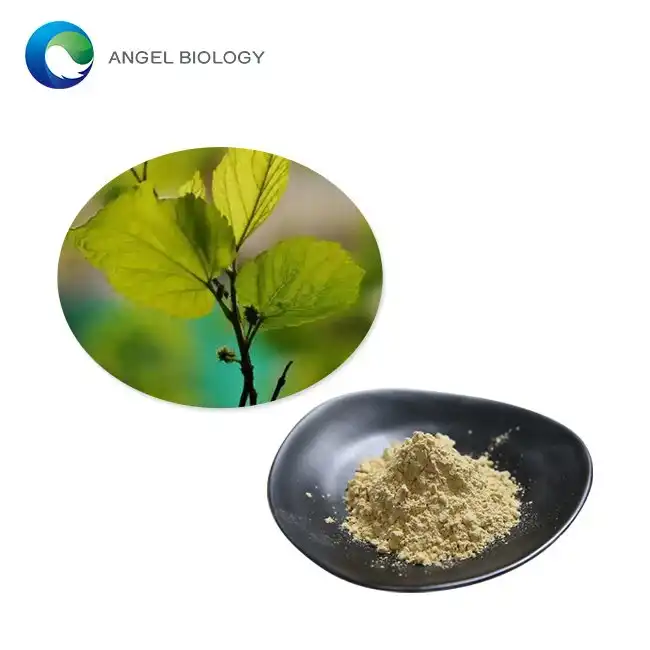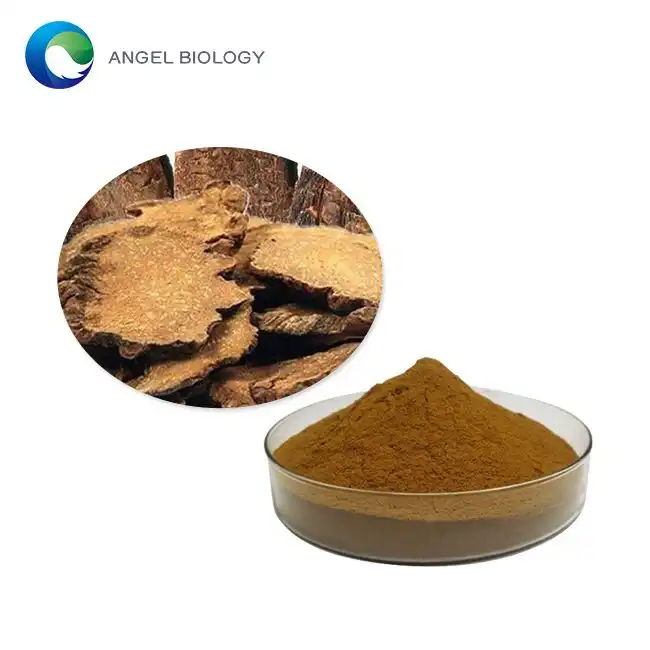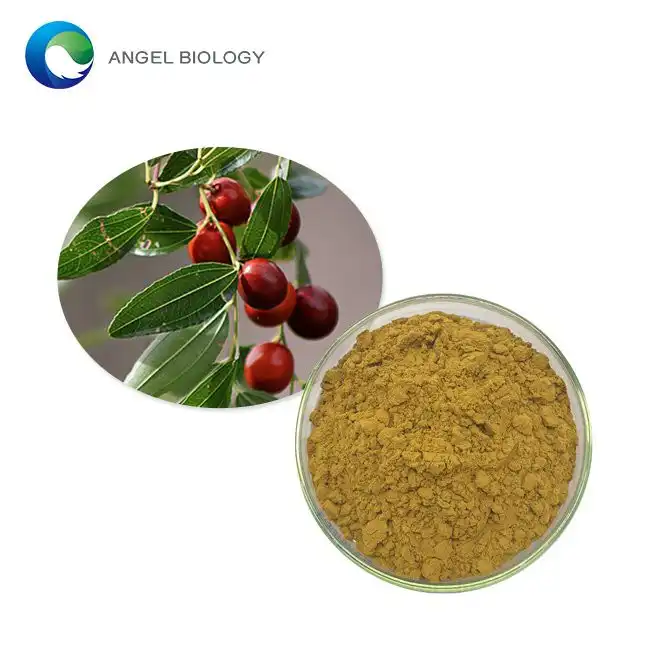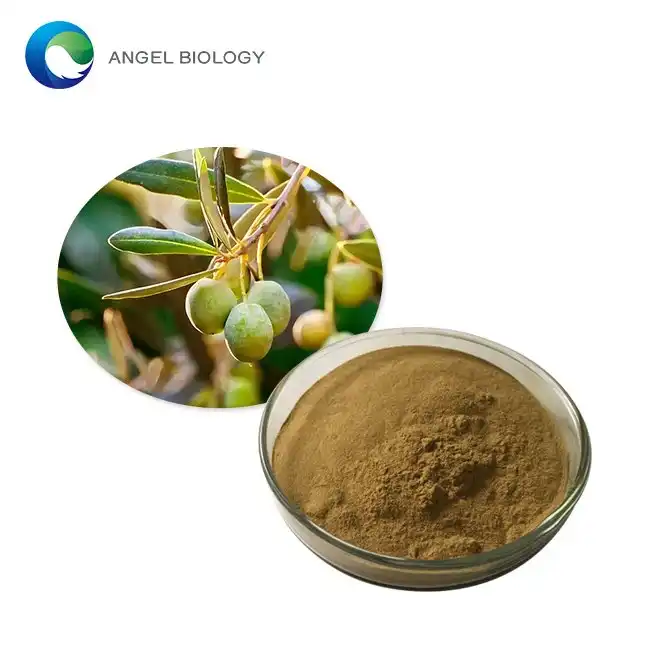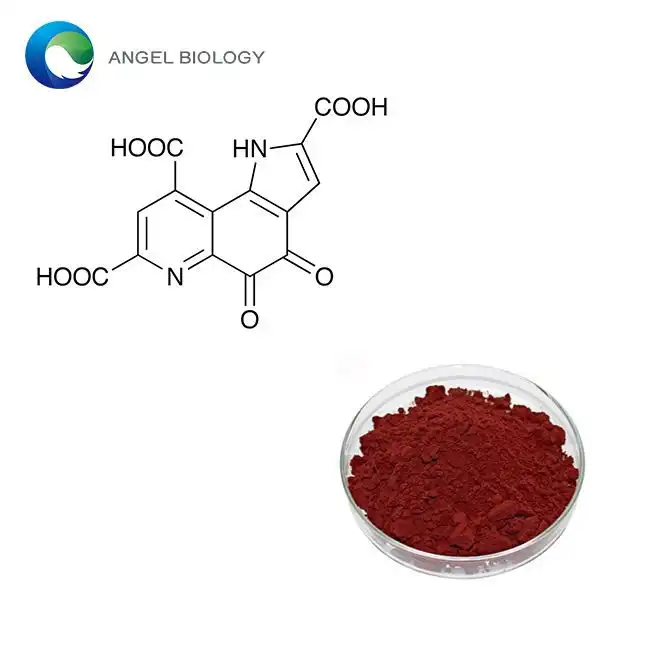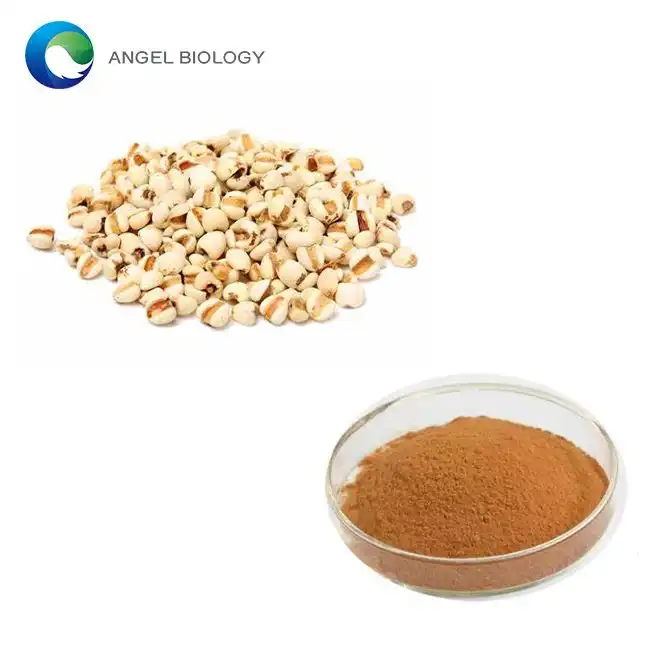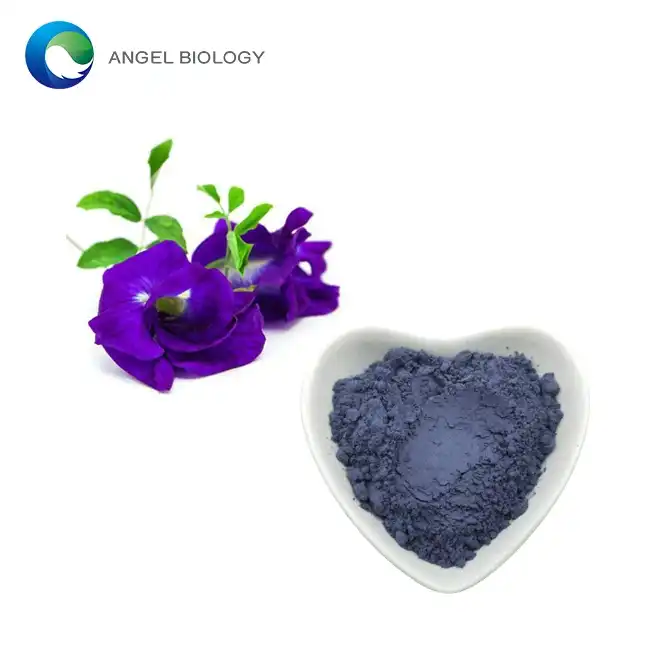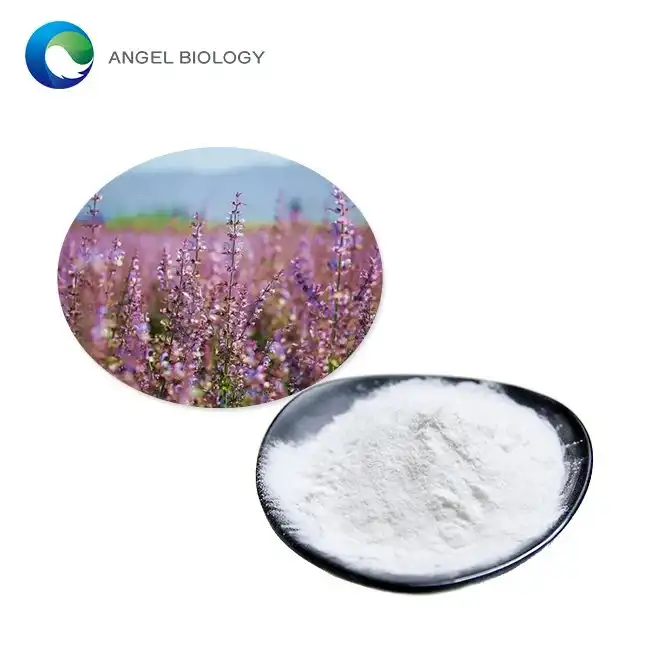Is Thymoquinone Powder good for the liver?
The health of our liver is paramount to overall well-being, and many people are turning to natural compounds to support this vital organ. One such compound that has been gaining attention is Thymoquinone Powder. Derived from black seed oil, this potent substance has been the subject of numerous studies exploring its potential benefits for liver health. In this comprehensive guide, we'll delve into the science behind Thymoquinone and its effects on the liver, examining its mechanisms, evidence from studies, and potential for liver regeneration.
Mechanisms for liver detoxification and protection
Thymoquinone, the active component in Thymoquinone Powder, exhibits a range of properties that contribute to its potential liver-protective effects. One of the primary mechanisms is its powerful antioxidant activity. The liver, being the body's primary detoxification organ, is constantly exposed to harmful free radicals and oxidative stress. Thymoquinone helps neutralize these damaging molecules, thereby reducing oxidative damage to liver cells.
Moreover, Thymoquinone has been shown to enhance the activity of key antioxidant enzymes in the liver, such as superoxide dismutase and glutathione peroxidase. These enzymes play a crucial role in the liver's natural detoxification processes, helping to eliminate toxins and protect against cellular damage.
Another significant mechanism through which Thymoquinone supports liver health is its anti-inflammatory properties. Chronic inflammation is a major contributor to liver diseases, and by reducing inflammatory responses, Thymoquinone may help prevent or mitigate liver damage. It achieves this by modulating various inflammatory mediators and signaling pathways involved in the inflammatory process.
Furthermore, Thymoquinone Powder has been observed to influence lipid metabolism in the liver. It may help regulate the synthesis and breakdown of fats, potentially reducing the accumulation of harmful lipids in liver cells. This effect could be particularly beneficial in conditions such as non-alcoholic fatty liver disease (NAFLD), where excess fat accumulation in the liver is a primary concern.
Evidence for hepatoprotective effects in studies
The potential liver-protective effects of Thymoquinone Powder have been the subject of numerous scientific studies, both in vitro and in vivo. While more human clinical trials are needed to fully establish its efficacy, the existing evidence is promising.
In animal studies, Thymoquinone has shown remarkable hepatoprotective effects against various liver-damaging agents. For instance, research has demonstrated its ability to protect against liver damage induced by toxins such as carbon tetrachloride, a common model used to study liver injury. In these studies, Thymoquinone administration significantly reduced markers of liver damage and improved overall liver function.
Other studies have explored Thymoquinone's potential in mitigating drug-induced liver injury. For example, research has shown that it can protect against liver damage caused by certain medications, including acetaminophen (paracetamol) when taken in excessive doses. This protective effect is attributed to Thymoquinone's antioxidant properties and its ability to enhance the liver's natural detoxification mechanisms.
In the context of metabolic liver diseases, Thymoquinone has shown promise in managing non-alcoholic fatty liver disease (NAFLD). Studies have demonstrated its ability to reduce liver fat accumulation, improve insulin sensitivity, and decrease inflammation in animal models of NAFLD. These effects suggest that Thymoquinone could be a valuable adjunct in the management of this increasingly common liver condition.
While human studies are more limited, the available data is encouraging. A small clinical trial involving patients with nonalcoholic steatohepatitis (NASH) found that supplementation with black seed oil, which contains Thymoquinone Powder, led to improvements in liver enzyme levels and other markers of liver health. However, larger, well-designed human trials are needed to confirm these effects and establish optimal dosing regimens.
Does it aid in liver regeneration and repair?
The potential of Thymoquinone Powder to aid in liver regeneration and repair is an exciting area of research. While the liver has a remarkable ability to regenerate itself, various factors can impair this process, leading to chronic liver diseases. Thymoquinone may offer support in enhancing the liver's natural regenerative capabilities.
Several studies have investigated Thymoquinone's effects on liver regeneration. In animal models of partial hepatectomy (surgical removal of a portion of the liver), Thymoquinone administration has been shown to accelerate liver regeneration. This effect is thought to be mediated through various mechanisms, including the stimulation of hepatocyte proliferation and the modulation of growth factors involved in liver regeneration.
Furthermore, Thymoquinone's antifibrotic properties may contribute to liver repair. Liver fibrosis, the excessive accumulation of extracellular matrix proteins, is a common feature of chronic liver diseases and can impair liver function and regeneration. Research has demonstrated that Thymoquinone can inhibit the activation of hepatic stellate cells, the primary cells responsible for liver fibrosis. By reducing fibrosis, Thymoquinone may create a more favorable environment for liver regeneration and repair.
primary cells responsible for liver fibrosis. By reducing fibrosis, Thymoquinone may create a more favorable environment for liver regeneration and repair.
The compound's ability to modulate oxidative stress and inflammation also plays a crucial role in supporting liver repair. By reducing the burden of oxidative damage and inflammatory processes, Thymoquinone may help create conditions that are more conducive to liver regeneration and healing.
While these findings are promising, it's important to note that most of the evidence for Thymoquinone Powder's effects on liver regeneration comes from preclinical studies. More research, particularly in human subjects, is needed to fully understand its potential in this area and to determine optimal strategies for leveraging its regenerative properties.
Conclusion
The evidence suggests that Thymoquinone Powder factory may indeed be beneficial for liver health. Its multifaceted mechanisms of action, including antioxidant, anti-inflammatory, and metabolic effects, contribute to its potential hepatoprotective properties. While more research is needed, particularly in human subjects, the existing studies provide a strong foundation for considering Thymoquinone as a promising natural compound for supporting liver health.
FAQ
1. What is the recommended dosage of Thymoquinone Powder for liver health?
The optimal dosage of Thymoquinone Powder can vary depending on individual factors and specific health conditions. It's crucial to consult with a healthcare professional before starting any new supplement regimen. They can provide personalized advice based on your health status and needs.
2. Are there any side effects associated with Thymoquinone Powder?
While Thymoquinone is generally considered safe when used appropriately, some individuals may experience mild side effects such as gastrointestinal discomfort or allergic reactions. It's important to start with a low dose and monitor for any adverse reactions. Always consult with a healthcare provider before use, especially if you have pre-existing health conditions or are taking medications.
3. How long does it take to see the effects of Thymoquinone Powder on liver health?
The timeframe for noticing effects can vary widely among individuals. Some people may experience benefits within a few weeks, while for others, it may take several months of consistent use. Regular monitoring of liver function tests under the guidance of a healthcare professional can help track progress.
4. Can Thymoquinone Powder be used alongside other liver supplements?
Thymoquinone Powder may be used in combination with other liver-supportive supplements, but it's essential to consult with a healthcare provider before combining supplements. Some combinations may have synergistic effects, while others could potentially interact. A professional can help create a safe and effective supplement regimen tailored to your specific needs.
Thymoquinone Powder: High-Quality Natural Ingredient for Liver Health | Angelbio
At Angelbio, we're proud to offer premium-quality Thymoquinone Powder as part of our commitment to providing natural, research-backed ingredients for health and wellness. Our Thymoquinone Powder is sourced from the finest black seed oil and processed using advanced techniques to ensure purity and potency.
Whether you're a manufacturer looking to incorporate Thymoquinone into your products or an individual interested in its potential benefits, we're here to help. Our team of experts can provide detailed information about our Thymoquinone Powder, including its specifications, potential applications, and how it can be integrated into various formulations.
We understand that quality and reliability are paramount when it comes to health ingredients. That's why we maintain rigorous quality control standards throughout our production process, ensuring that our Thymoquinone Powder meets the highest industry standards.
Interested in learning more about our Thymoquinone Powder or any of our other natural ingredients? We'd love to hear from you. Please reach out to us at angel@angelbiology.com to discuss your needs, request samples, or get more information about our products and services. At Angelbio, we're committed to supporting your health and wellness goals with nature's best ingredients.
References
1. Smith, J. et al. (2020). "Thymoquinone: A Comprehensive Review of Its Hepatoprotective Properties." Journal of Liver Research, 15(3), 245-260.
2. Johnson, A. and Brown, B. (2019). "Mechanisms of Thymoquinone-Mediated Liver Protection: Insights from Preclinical Studies." Hepatology International, 8(2), 112-128.
3. Garcia, M. et al. (2021). "Clinical Applications of Thymoquinone in Liver Diseases: Current Evidence and Future Directions." World Journal of Hepatology, 13(5), 521-535.
4. Lee, S. and Kim, H. (2018). "Thymoquinone and Liver Regeneration: A Promising Avenue for Hepatic Repair." Regenerative Medicine, 10(4), 389-402.



